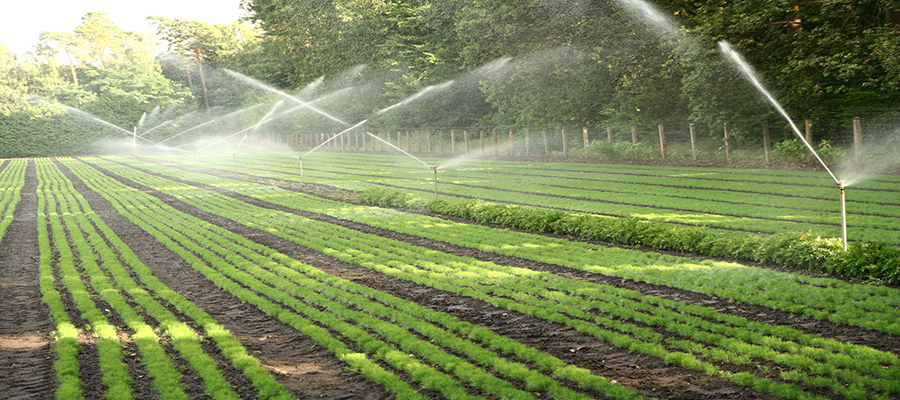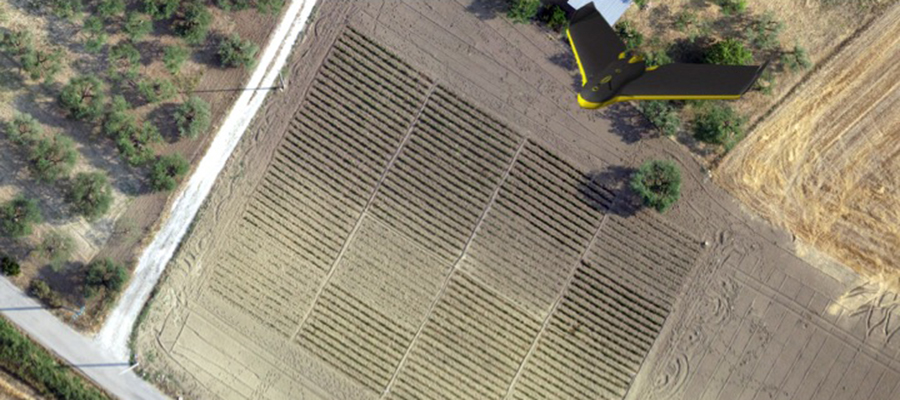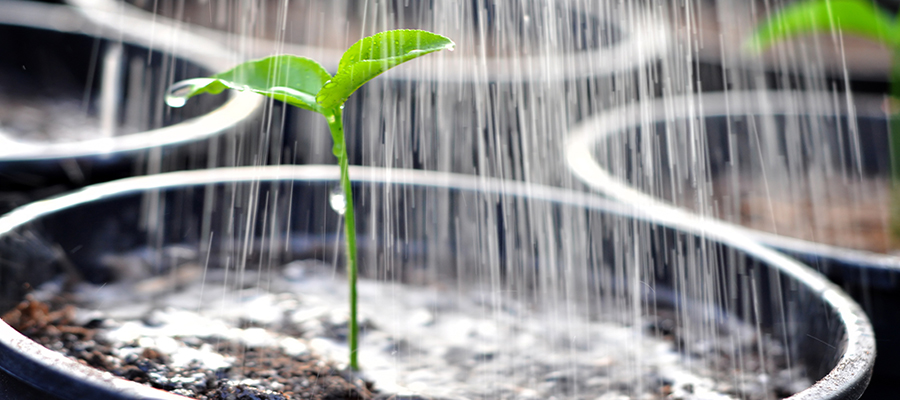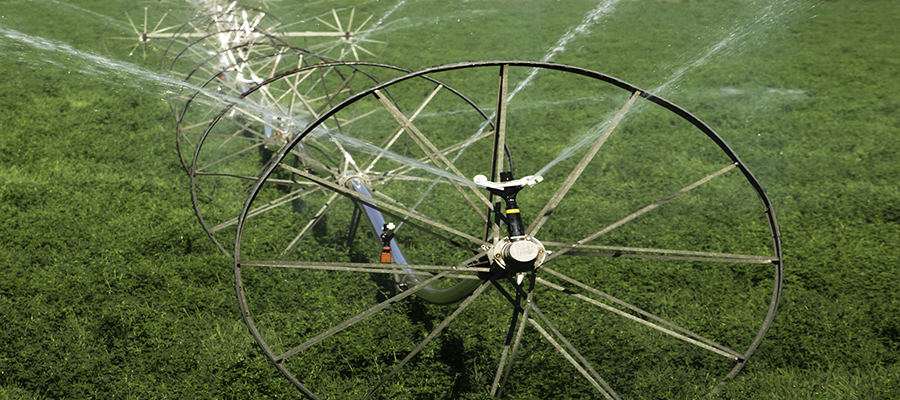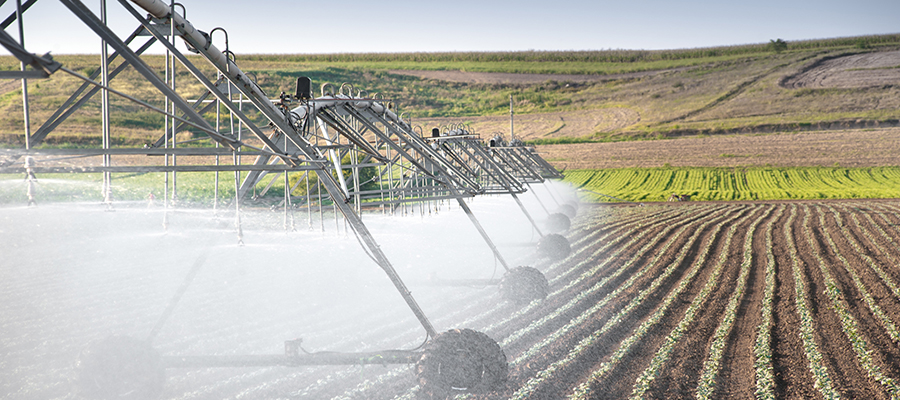Dear colleagues, the call for abstracts for the next EGU 2020 congress started last month and it will close on 15 January at 13.00 CET.
It is a pleasure for us to invite you to participate in the co-organized session “Decision Support Systems in precision agriculture to achieve the SDG 2 goals” ITS1.14/SSS9.1 (BG2/ESSI1/G16).
Session aim is to collect contributions from different scientific communities useful to set up Decision Support Systems (DSS) in precision agriculture. In our point of view, the agricultural field is a multidisciplinary field in which different actors (e.g., soil scientists, plant physiologists, remote sensing analysts, electronic and computer engineers, etc.), and their different points of view, are fundamental to the achievement of a sustainable agriculture able to respond to the Sustainable Development Goals n°2 of the United Nations (Zero Hunger).
The session description is following reported.
Best regards
- Bonfante and A. Brook
“Precision Agriculture makes towards achieving SDG2, especially considering the SDG2 focus on “small-scale" food producers. It is based on different types of data collected in the field by soil and weather sensors, proximal and remote sensing (e.g., UAV), producing large datasets that can help in the achievement of better farm management (sustainable agriculture). However, many times that farmers fail to act on information provided or never adopt technologies or practices with production benefits. In this context, DSS (Decision Support Systems) can help the farmers to manage their field information and make the right choice in nutrients, irrigation and plant disease management through the integration of approaches that combine physical, chemical, biological and space-time techniques through the use of various types of knowledge, including stakeholder expertise and knowledge derived from scientific measurements and model simulations. Moreover, they can enable both simple, rapid, and cheap procedures and complex, cumbersome, and expensive data-intensive procedures, according to the types of study and the spatial and temporal scale on which a solution is sought.
The session should be of interest to different scientific communities (e.g., soil science, remote sensing, plant science, etc.) and stakeholders (farmer, consortiums, decision-maker, etc.).
Share https://meetingorganizer.copernicus.org/EGU2020/session/37238
Convener:
PhD Antonello Bonfante (National Research Council of Italy - CNR-ISAFOM, Italy) (Questo indirizzo email è protetto dagli spambots. È necessario abilitare JavaScript per vederlo.)
Co-Conveners:
Prof. Anna Brook (University of Haifa, Geography and Environmental Studies, Israel) (Questo indirizzo email è protetto dagli spambots. È necessario abilitare JavaScript per vederlo.)



